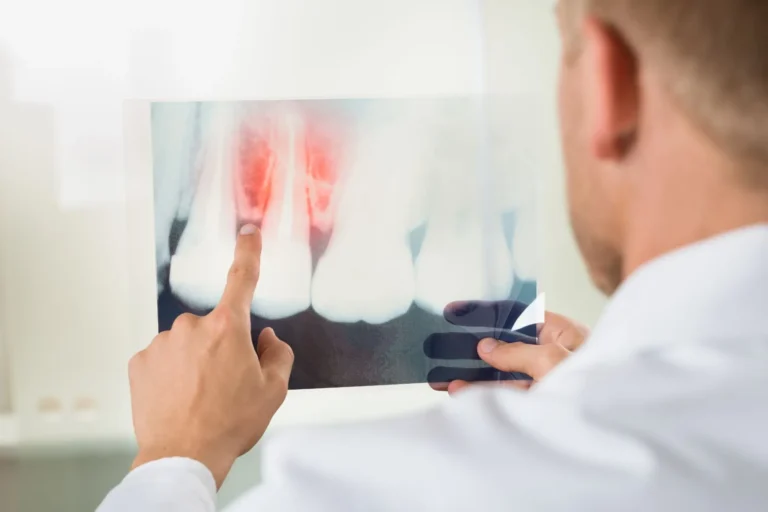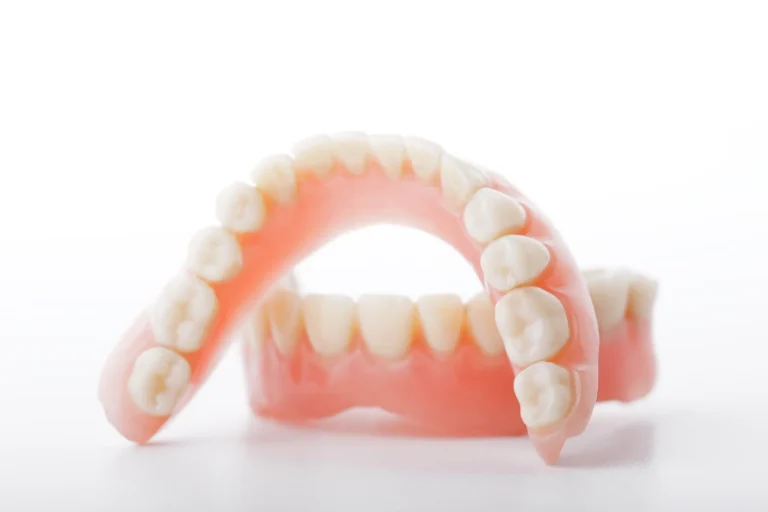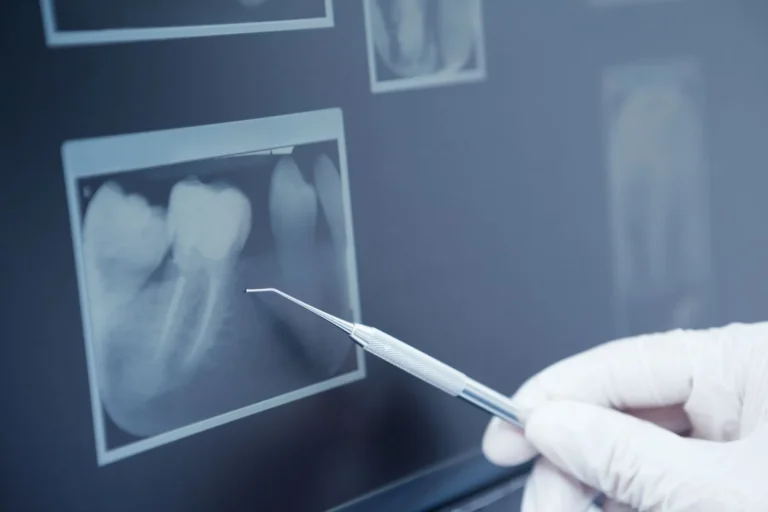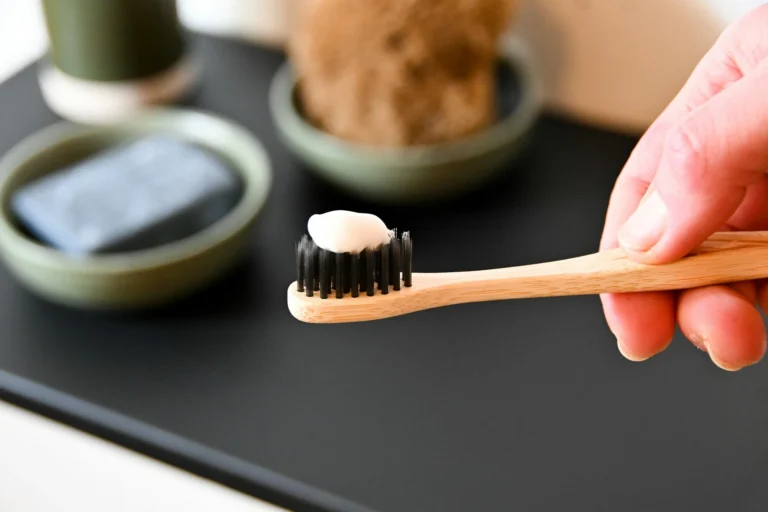How Long Do Dental Implants Last? A Complete Guide for Patients
Dental implants are one of the most reliable, advanced, and life-changing treatments in dentistry today. They restore both the function and aesthetics of missing teeth and are often described by patients as “the next best thing to natural teeth.” One of the most common questions patients ask during consultations is: “How long do dental implants last?”
The reassuring answer is that implants are designed to last decades, and in many cases they can last a lifetime. But, just like natural teeth, their longevity depends on multiple factors such as oral hygiene, lifestyle choices, regular dental check-ups, and overall health.
In this complete guide, we’ll explore in detail what dental implants are, how they work, how long they last, what influences their success, and how you can protect your investment in oral health.
What Are Dental Implants?
Dental implants are small titanium or ceramic posts surgically placed into the jawbone to act as artificial tooth roots. They provide a solid foundation for replacement teeth, whether a single crown, a bridge covering multiple teeth, or even a full denture.
The reason implants are so durable is because of their ability to fuse with bone in a process called osseointegration. Once the implant has integrated, it essentially becomes part of your jaw. This is what gives implants their unmatched stability and longevity.
Main features of dental implants:
- Biocompatibility: Titanium is well accepted by the body and does not trigger rejection.
- Stability: They anchor into the jaw, just like natural roots.
- Versatility: Implants can replace one tooth, several, or an entire arch.
- Aesthetics: Implants support crowns that look indistinguishable from natural teeth.
- Bone preservation: They prevent jawbone shrinkage, a common problem with tooth loss.
Patients often find implants life-changing because they restore confidence, allow natural chewing and speaking, and eliminate the discomfort of removable prosthetics.
Read more about dental implants at Archway Dental Group
How Do Dental Implants Work?
The implant procedure is a carefully staged process designed for long-term success. At Archway Dental Group, we take patients step by step, ensuring that every stage is performed with precision and care.
1. Consultation and planning
The journey begins with a full consultation, medical history review, and diagnostic imaging such as X-rays or 3D scans. This ensures your jawbone is healthy enough to support implants and allows us to digitally plan your treatment.
2. Implant placement
Under local anaesthesia (and with sedation if desired), the implant is placed directly into the jawbone. The surgery is typically straightforward and minimally invasive, thanks to modern digital planning and flapless techniques.
3. Osseointegration
Over the next 3–6 months, the implant and bone fuse together. This phase is crucial as it determines the implant’s long-term stability. During this period, a temporary tooth may be provided so you never feel “toothless.”
4. Abutment placement
Once healed, a small connector called an abutment is attached to the implant. This will hold the final crown or prosthesis in place.
5. Final restoration
A custom-made crown, bridge, or denture is then fixed, perfectly matching your natural teeth in colour and shape.
By following this process, the foundation is set for implants that can last decades.
Discover implantology treatments at Archway Dental Group
How Long Do Dental Implants Last on Average?
The question “how long do dental implants last?” does not have a single answer because every patient is different. However, research consistently shows excellent longevity:
- Implant post (root): often lasts a lifetime.
- Abutment (connector): usually 15–20 years before replacement.
- Crown (tooth): 10–15 years, depending on chewing forces and oral care.
Studies reveal implant survival rates of 95% at 10 years and over 90% at 20 years. Many patients never need to replace their implants at all.
The crown may require replacement over time, but the actual implant—the part anchored in your jaw—can remain indefinitely. For patients, this means implants are not only a long-term solution but often a lifelong one.
Book a consultation for implantology in London

What Factors Influence the Longevity of Dental Implants?
Although implants are designed to last for decades, their success depends on many factors, both medical and lifestyle-related.
Key influences on implant durability:
- Oral hygiene: Daily brushing, flossing, and interdental cleaning are essential.
- Regular check-ups: Hygienist sessions and reviews catch problems early.
- Bone quality: Strong bone density supports implants better.
- Gum health: Healthy gums prevent peri-implantitis (inflammation around implants).
- Lifestyle: Smoking reduces healing ability, while excessive alcohol can weaken bone.
- Medical conditions: Diabetes, osteoporosis, and autoimmune disorders can increase risks.
- Bruxism (teeth grinding): Can put excessive force on crowns and implants.
When patients maintain excellent oral hygiene, avoid harmful habits, and see their dentist regularly, implants can and often do last a lifetime.
Learn more about dental hygiene at Archway Dental Group
Can Dental Implants Fail?
Implant failure is rare but possible. Understanding the causes helps patients minimise risks.
Causes of early failure:
- Infection during healing.
- Poor osseointegration (bone doesn’t bond with implant).
- Uncontrolled medical conditions.
Causes of late failure:
- Peri-implantitis (gum disease around implant).
- Excessive stress from clenching or grinding.
- Trauma or injury.
- Lack of maintenance and hygiene.
The good news is that with proper planning, skilled surgical placement, and patient compliance, the success rate for implants exceeds 95%. And even in the rare case of failure, implants can often be replaced successfully.
Book your implant consultation in Archway
How Can Patients Extend the Life of Dental Implants?
While implants are durable, patients have a crucial role in ensuring their longevity. Proper care can mean the difference between 10 years and a lifetime.
Practical tips for extending implant life:
- Brush twice daily with a soft-bristle brush.
- Use floss or interdental brushes designed for implants.
- Rinse with an antimicrobial mouthwash if recommended.
- Schedule professional hygiene appointments every 6 months.
- Quit smoking and reduce alcohol consumption.
- Wear a night guard if you grind your teeth.
- Eat a balanced diet with sufficient calcium and vitamin D.
Patients who treat their implants as carefully as their natural teeth—or even better—enjoy them for life.
Discover our personalised hygiene programmes at Archway Dental Group
Why Are Dental Implants Considered a Long-Term Solution?
Patients often ask why implants are regarded as the “gold standard.” The answer lies in how they protect oral health while restoring function and aesthetics.
Key reasons implants are long-term:
- They fuse with bone, preventing resorption.
- They don’t rely on neighbouring teeth, unlike bridges.
- They are fixed in place, unlike dentures.
- They maintain facial structure, preventing premature ageing.
- They allow natural chewing forces, keeping jaw muscles active.
For patients, this translates into confidence, comfort, and a restoration that feels permanent.
Read more about advanced implantology at Archway Dental Group

What Happens When a Dental Implant Needs Replacement?
Even though implants are long-lasting, certain components may eventually need attention:
- Crown replacement: After 10–15 years due to wear, fractures, or cosmetic updates.
- Abutment replacement: Rare, but possible if it loosens or breaks.
- Implant post replacement: Very uncommon, only if infection or trauma occurs.
The replacement process is usually simpler than the original surgery. Regular reviews allow dentists to spot when a crown or abutment might need renewal, ensuring continuity without major procedures.
Schedule your implant review appointment at Archway Dental Group
How Long Do Dental Implants Last Compared to Other Options?
Patients considering tooth replacement often compare implants with bridges and dentures.
- Dentures: Last 5–8 years, prone to loosening, may require adjustments.
- Bridges: Typically 10–15 years, but depend on the health of adjacent teeth.
- Implants: 15–25 years, often lifelong, independent of other teeth.
Implants represent the most stable, natural, and durable solution available in modern dentistry.
Discover implantology solutions in Archway
Conclusion: How Long Do Dental Implants Last?
So, how long do dental implants last? With the right conditions and care, they can last a lifetime.
At Archway Dental Group Ltd in London, we use state-of-the-art technology such as digital smile design, intraoral scanning, and minimally invasive surgical techniques to ensure implants are placed with precision. Our multidisciplinary team supports you from consultation to long-term aftercare.
📲 WhatsApp: 007766126023
☎️ Landline: 020 7272 6818
🌐 Website: www.archwaydentalgroup.co.uk
📍 Archway Dental Group – 34 St John’s Way, Archway, London, N19 3RR
Book your consultation today and let’s plan the best solution for your smile











